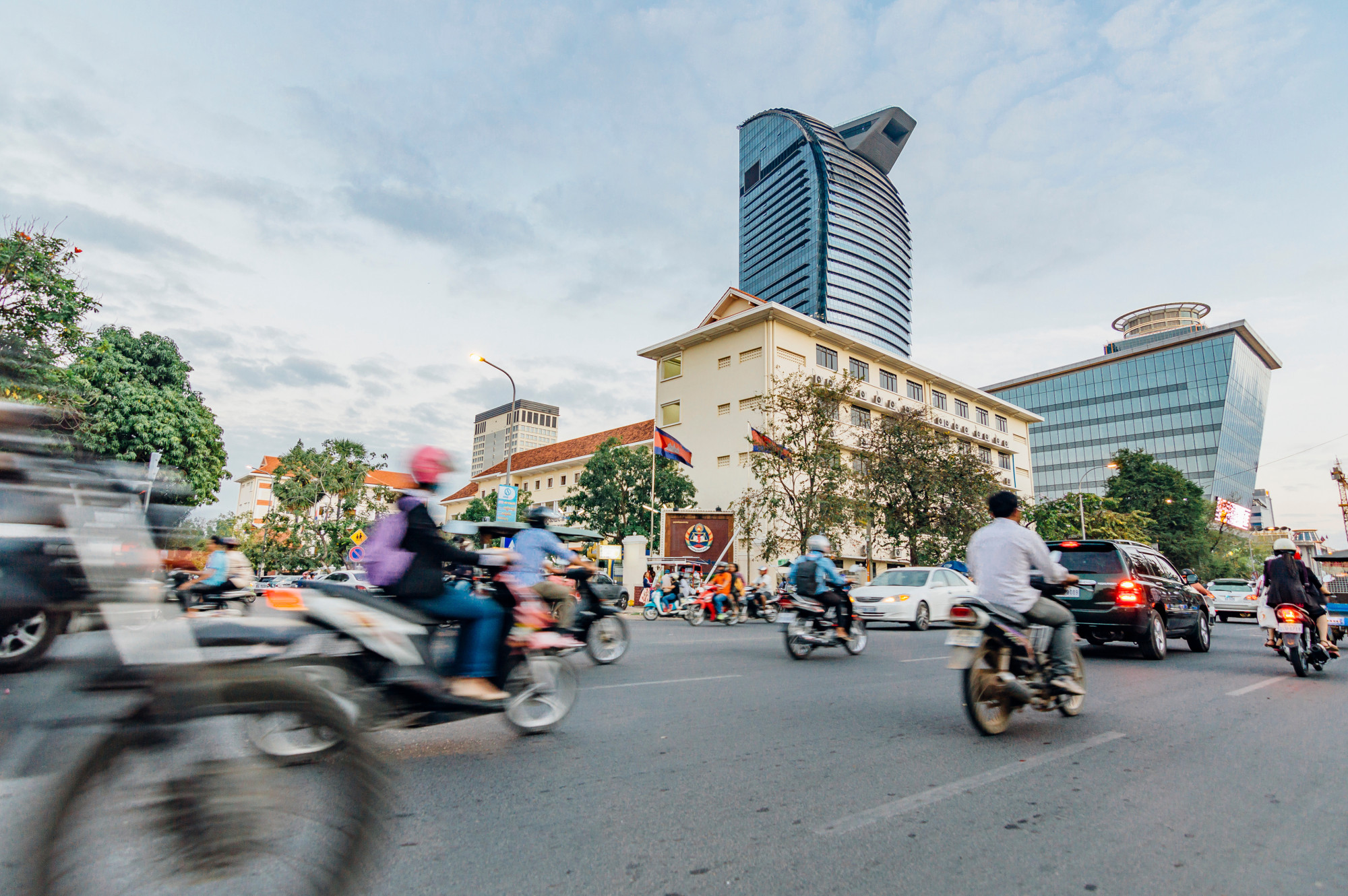
Cambodia Is Booming: What Are The Organised Crime Implications
Cambodia is shaking off images of its dark past in the 1970s under the Khmer Rouge and forging ahead with a booming economy, strong tourism sector and improvements across many development indicators. However, this rapid growth in the context of a weak legal system, lack of good governance, and porous borders has also provided fertile soil for organised crime operations, such as human trafficking, drug trafficking, environmental crime and money laundering.
Cambodia’s economy has been growing rapidly, even though the impacts of the COVID-19 pandemic put the growth on hold for two years, with exports of garment products - currently the main driver of Cambodia’s economy - and other manufacturing, fully recovered. The World Bank estimates that Cambodia’s economy will grow by 5.2 per cent in 2023. Cambodia’s tourism sector has increased from just a few hundred thousand people in the mid-1990s to over 6 million people pre-COVID-19. Numbers are already bouncing back, with an estimated 4 million tourists expected to travel to Cambodia in 2023. Investor confidence has followed over the last decade, with numerous high-end luxury resorts opening in Cambodia, including Six Senses and Song Saa. These resorts have opened tourism in Cambodia from an industry reliant on intrepid backpackers, to well-heeled travellers and families, putting Cambodia squarely on the tourist map.
Despite positive developments in the economy and tourism sector, this rapid growth and injection of finance have also fuelled corruption and provided an operating environment for organised crime groups. Cambodia’s 2022 Corruption Perception Index (CPI) was 24, placing Cambodia 150th out of 180. To put it in a regional perspective, the average Index in the Asia pacific region is 45. In the region Cambodia holds the third-lowest position, just above Myanmar and North Korea. Cambodia’s weak legal system and high levels of corruption have created an environment where there is a low probability and severity of punishment for criminal activity - correlating with low operating costs and ease of operations, making crime more insulated and lucrative. The March 2023 sentencing of former federal opposition leader, Kem Sokha, to 27 years house arrest for planning to overthrow the Government highlights the stranglehold corruption has on Cambodian politics.

Human trafficking, drug trafficking, environmental crime and money laundering are thriving in Cambodia. The country is also increasingly used as a transit point for people smuggling operations, including migrants from as far away as Afghanistan. In the most recent U.S. Department of State ‘Trafficking in Person report’, Cambodia was downgraded to the lowest Tier (Tier 3), due to failing to implement sufficient standards to fight and prevent human trafficking. Cambodia shares porous land borders with Thailand, Vietnam, and Laos, and has a 440-kilometre-long coastline. This geolocation paired with a systemic ability to bribe government officials, makes it very attractive for smugglers operating within the Asia-Pacific region, smuggling migrants from, to, and through Cambodia. According to the latest Trafficking in Persons report migrants are also increasingly smuggled to Cambodia as a destination, to work in online gambling and fraud positions for organised crime groups.
Cambodia’s abundant natural resources, unexplored coastline and famous historical sites are likely to continue to attract foreign investment and tourism. Low operating costs and a young demographic - with nearly one-third of the country being in the age bracket of 0-14 and a median age of 25 - could continue to push economic growth and enable the country to reach the ambitious goal of achieving middle-income status by 2030. However, in the absence of major improvements in governance, corruption and financial regulations, organised crime groups will continue to flourish and risk undermining the positive trajectory of the country.
At STATT Consulting we understand the complex relationship between governance, economics and organised crime, and actively work to improve the development and migration outcomes for potential migrants, policy makers and other stakeholders.
